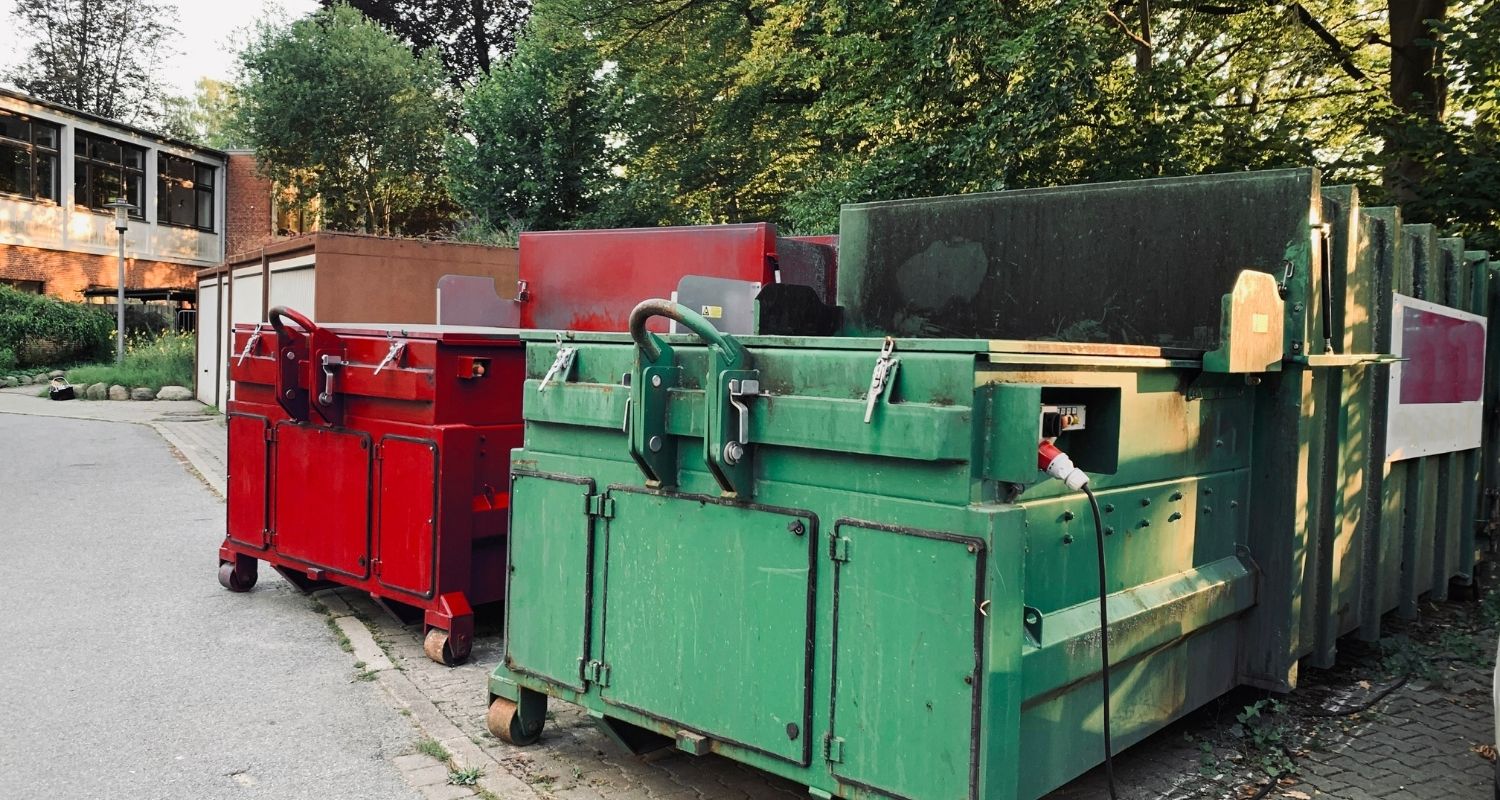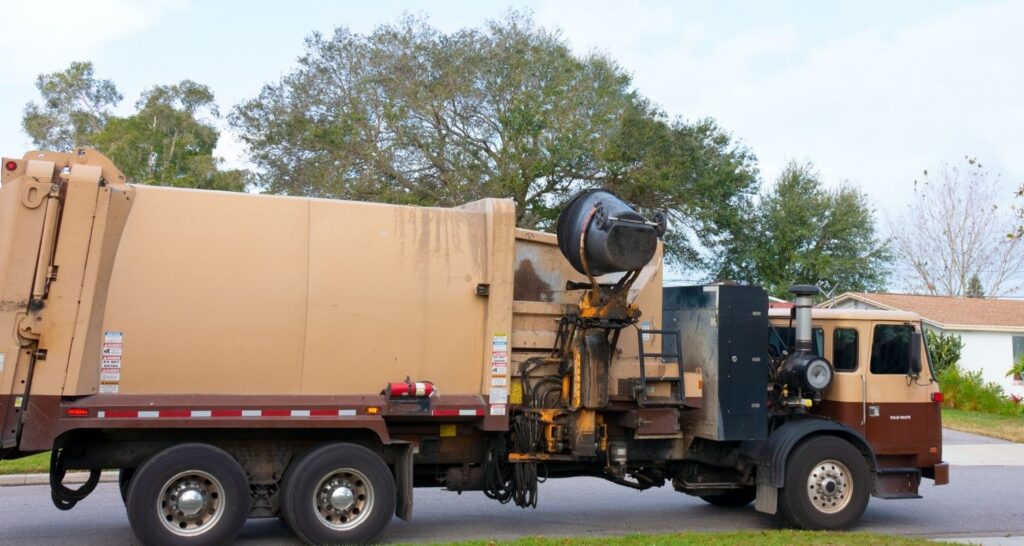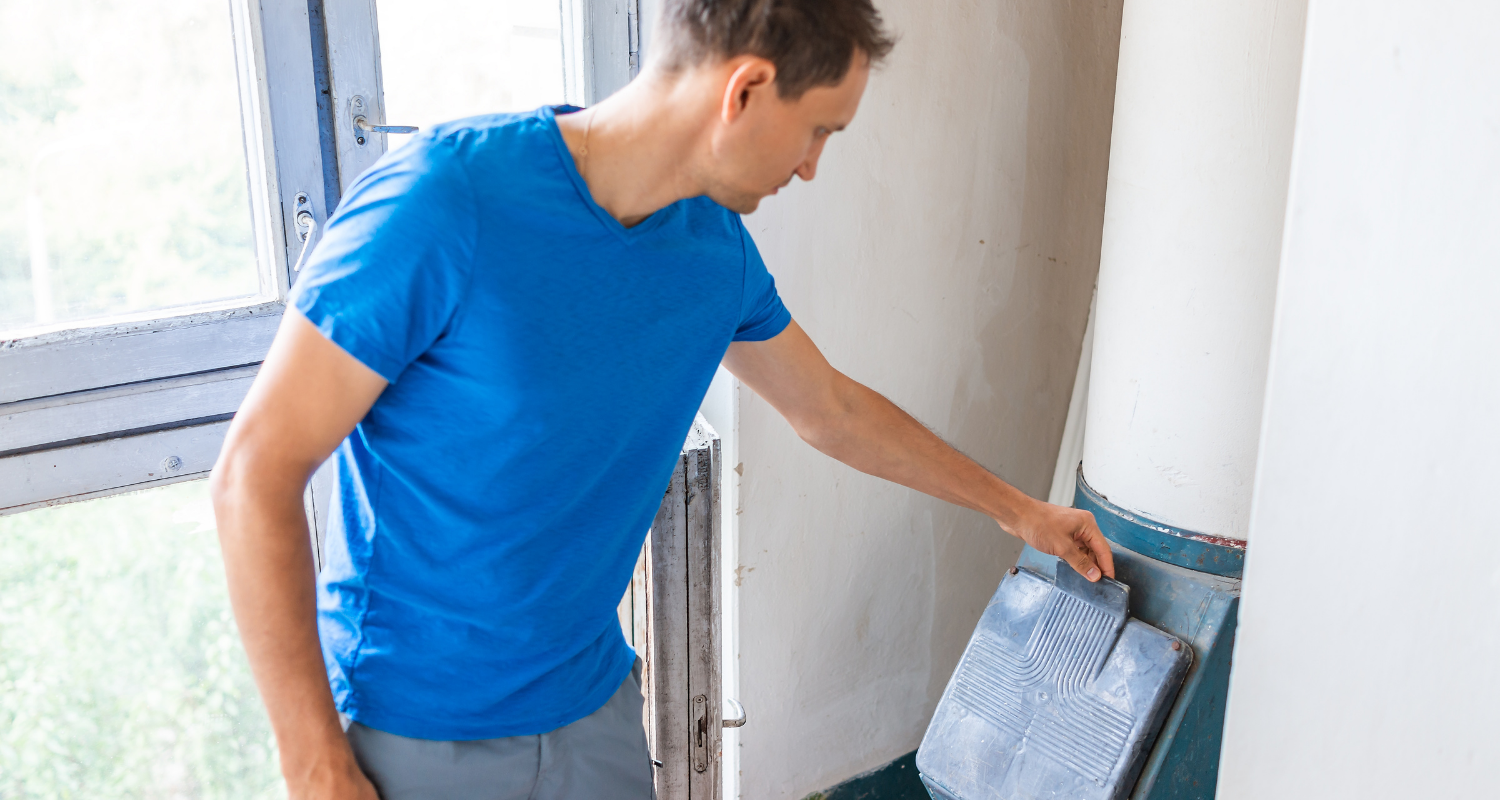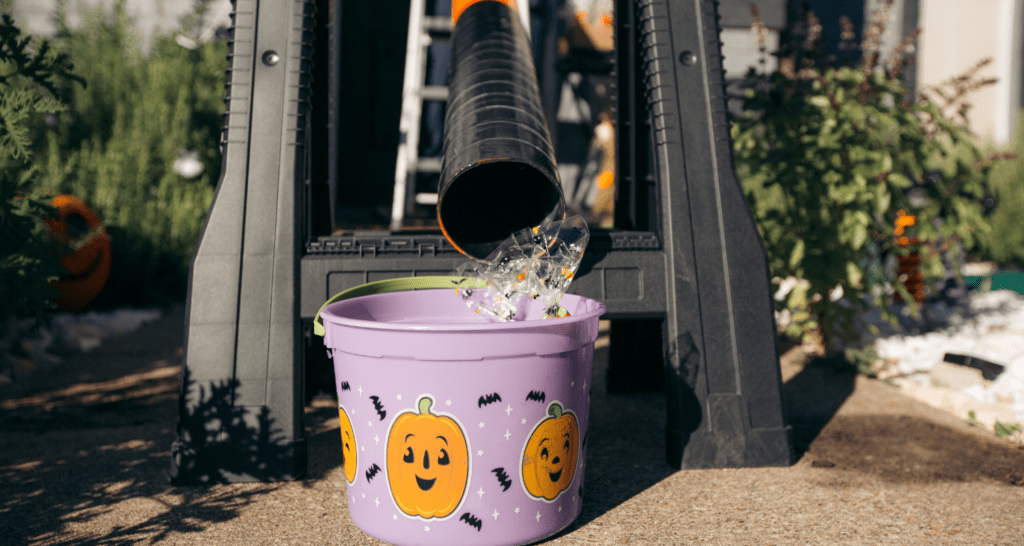
Uses of Industrial Trash Compactors
Industrial compactors minimize the bulk of waste materials, the cost and labour associated with their disposal and long-term savings. These compactors are typically smaller equipment than industrial balers, create more compact waste material bundles, and are utilized in various industries including maritime, food waste processing, aerospace, medical and manufacturing.
Textiles, food goods, drums, rubber debris, metal scraps, plastic and fibrous metals, and almost any sort of garbage can be treated using industrial compactors. Compactors may be equipped with extraction features which enable them to extract any liquids or moisture leftover from waste material. Aerosol cans, batteries, flammable or explosive materials and poisonous materials, on the other hand, should be disposed of properly and differently.
4 Types of Industrial Trash Compactors
The following are four categories of garbage which industrial trash compactors excel at processing:
- Waste from Industry and Manufacturing
Stationary industrial trash compactors are often employed for this sort of garbage. They are essentially fixed in one location, which is ideal for light industrial operations. They lower the cost of hauling and material handling with each load. Factories and other enterprises also use industrial trash compactors, since they generate various materials that must be compressed. These trash compactors are robust and capable of compacting the industrial or manufacturing garbage which an industrial plant or factory generates daily.
- Wet Waste
Certain kinds of industrial trash compactors are specifically intended to treat wet garbage. Typically, they feature self-contained garbage compactors. The container and compactor body are both constructed as a single item and transported to the dump simultaneously. While they are perfect for managing wet garbage, these trash compactors are also widely used to treat dry waste (vertical industrial trash compactors are ideal for dry as well as wet waste). These compactors assist in reducing the need for open containers, which contributes to an operation’s aesthetics by removing the dreariness of staring at waste sitting in an open container.
- Dry Waste
Stationary industrial compactors are also excellent for managing dry garbage. The compactor’s body is secured to a concrete pad through four or more anchor points. These industrial compactors compress garbage straight into a separate receiver container which may be swapped out on collection day. To remove the container, simply release the ratchet binders to which it is connected. These compactors are simple and ideal for use in nursing homes, schools, fast food establishments, motels and restaurants.
- Recyclable Materials
Certain industrial garbage compactors prioritize recyclable items such as plastic, paper, rags, metal and cardboard. These compactors are typically vertical in form, which provides a fantastic space-saving alternative for various organizations and enterprises. Hydraulic ejection mechanisms are available on some models. Utilizing such compactors reduces maintenance costs and makes loading simpler. You should utilize industrial garbage compactors equipped with heavy-duty designs to ensure that they can manage the contents.
What a Compactor Provides
Have you attempted to assess your waste management system using money, time or other resources? If so, the following are some of the advantages of investing in an industrial trash compactor:
- A bulging wallet – Compacting garbage lowers the expense of moving big amounts of rubbish. Apart from the hauling price, further savings are realized in terms of time and fuel used during transit.
- A sustainable environment – By compacting recyclable garbage, we all contribute to the quest for a more sustainable and healthy environment, therefore making green living a reality. Additionally, this will contribute to the reduction of landfill space.
- The environment is free of odours – Compactors equipped with air sanitization devices and anti-rodent technology aid in the odour reduction process. Additionally, they keep rats and other scavengers away, assisting in keeping the surrounding environment healthy and odour-free.
- Affordability – Our compactors are simple to use and need little maintenance. This assists you in streamlining your waste collection operation. The nuisance rubbish will be reduced to manageable sizes by the simple press of a button.
Eager to learn more about industrial trash compactors and their many benefits? Visit reactiondistributing.com or call us at (866) 244-0009 today.




